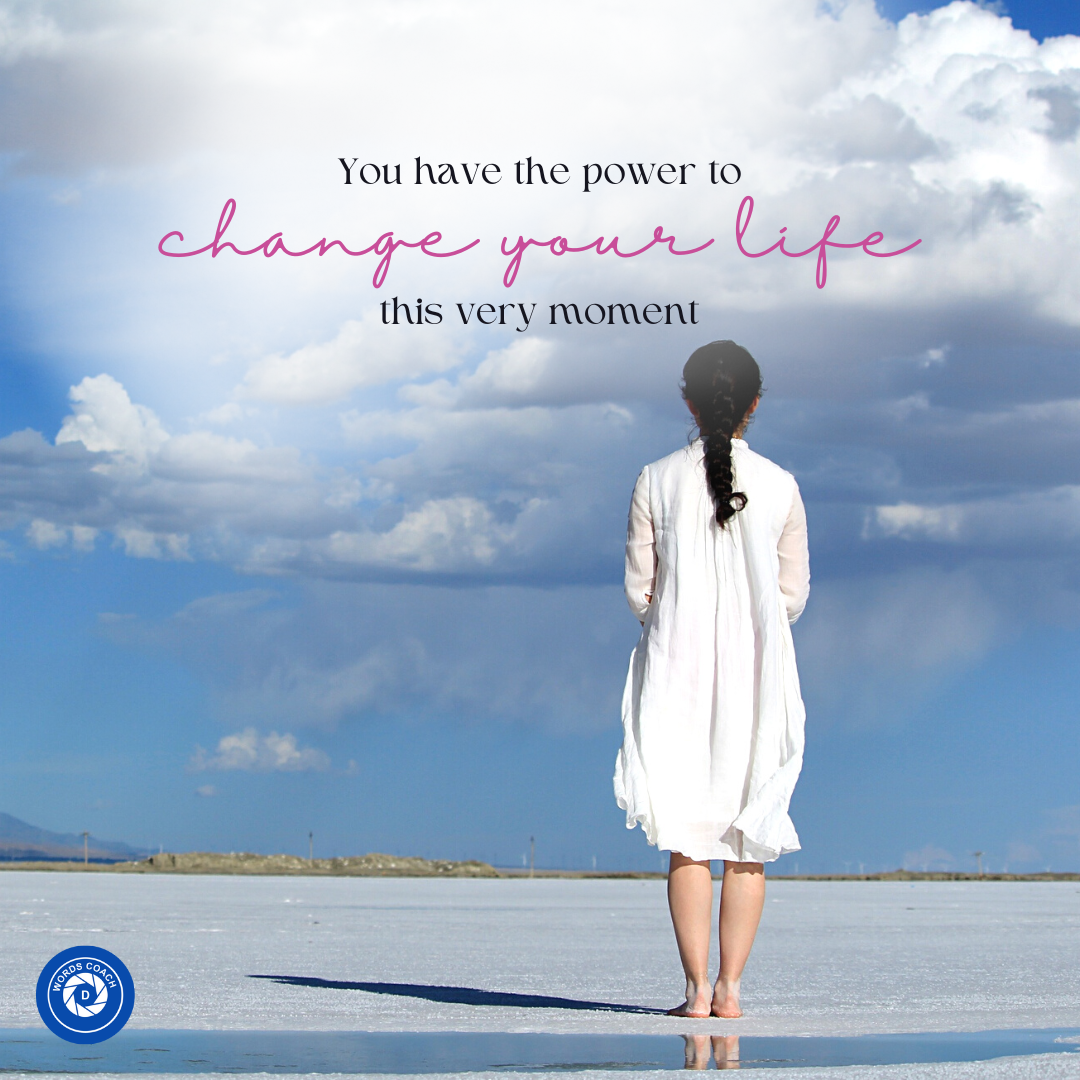The Bahá’í teachings advocate for an expansive understanding of humanity that transcends the limitations of narrow perspectives and entrenched prejudices. In a world rife with divisiveness, the Bahá’í Faith implores individuals to embark on a reflective journey of self-examination. This transformative endeavor is predicated on the profound understanding that by investigating our own prejudices, we not only enrich ourselves but also catalyze societal change. One might ponder: what if our discomfort with confronting our biases harbors the true impetus for growth and enlightenment?
To embark on this exploration, one must first grapple with the concept of prejudice itself. Prejudice can be defined as an adverse judgment formed beforehand, often based on superficial characteristics such as race, gender, or socio-economic status. In Bahá’í parlance, such biases stymie progress and obstruct the harmonious interaction necessary for global advancement. The teachings encourage adherents to cultivate a mindset that is predisposed to empathy, understanding, and compassion. This framework not only addresses interpersonal relations but extends to broader societal constructs, challenging entrenched norms.
Consider the consequential nature of inquiry. The Bahá’í writings implore individuals to engage in a rigorous examination of their own thoughts and beliefs. This intellectual introspection serves as the bedrock for illuminating the hidden biases that may reside within. Engaging with one’s own prejudices is akin to peeling back the layers of an onion; it requires both patience and persistence. Knowledge, therefore, becomes a tool wielded in the quest for enlightenment. The Bahá’í perspective posits that the investigation of our biases can yield unforeseen revelations about our motivations, desires, and the world around us.
Moreover, the role of education emerges as a vital pillar within this framework. The teachings underscore the paramount importance of acquiring knowledge that transcends surface-level understanding. To genuinely confront one’s biases, education must not only impart information but also cultivate critical thinking skills. The Bahá’í community emphasizes the significance of moral education, encouraging individuals to strive for principles that align with justice, equity, and unity. This holistic approach promotes a mindset rooted in understanding rather than in reactionary judgments.
Additionally, the challenges of investigating one’s own prejudices often lie within the realm of emotional discomfort. Acknowledging our biases may induce feelings of guilt, shame, or anger. However, the Bahá’í teachings suggest that confronting these uncomfortable emotions is essential to the spiritual growth of the individual. The path of self-discovery demands courage—the audacity to reflect on one’s own limitations and steadfastly face the potential repercussions of such revelations. This transformative process ultimately serves to foster a deeper appreciation for the interconnectedness of human experience.
In the pursuit of understanding, dialogue emerges as a noteworthy tool for dismantling prejudices. Engaging in conversations with individuals from diverse backgrounds fosters a synergy of ideas and perspectives. The Bahá’í Faith promotes the virtues of courtesy and respectful discourse, advocating for an environment where differing viewpoints can coexist. Through such interactions, individuals may find that their preconceived notions are challenged, thereby affording an opportunity for personal growth and transformation.
Central to the Bahá’í teachings is the concept of the oneness of humanity. This principle serves as both a foundation and a call to action. The acknowledgment that all humans share a common origin should compel individuals to dismantle barriers erected by prejudice. If we can hypothetically entertain the idea that every person is a mirror reflecting unique facets of the divine, how might this shift the narrative surrounding biases? The contemplation of such ideas invites individuals to reconceptualize their relationships with others, ultimately leading to greater harmony and understanding.
Furthermore, the act of service is essential in changing the narrative. The Bahá’í community fervently believes that engaging in acts of service to uplift others serves as a powerful counterbalance to personal biases. Service nurtures a sense of unity and collective responsibility, allowing individuals to actively contribute to communal growth. In this way, the investigation of one’s own prejudices dovetails with broader efforts towards social justice and equality.
Ultimately, investigating one’s own prejudices is an ethical imperative rooted in the Bahá’í teachings. It serves as a salient reminder of the necessity for ongoing self-reflection, education, and dialogue. The courage to confront discomfort and the willingness to embrace change can forge pathways towards healing and unity. Therefore, as individuals immerse themselves in this noble pursuit, they not only transform their own lives but also usher in a more equitable and just world.
In conclusion, the Bahá’í teachings illuminate the path toward dismantling societal prejudices through the lens of introspection, education, dialogue, and service. By participating in this inquiry, individuals find themselves on a transformative journey, ultimately contributing to the collective evolution of humanity. One must ask: are we willing to embark on this journey and confront the biases that color our understanding of others? The choice is ours; let it be a choice fueled by love, compassion, and an unwavering commitment to the oneness of humanity.
